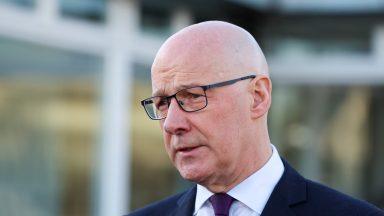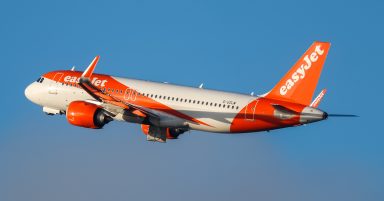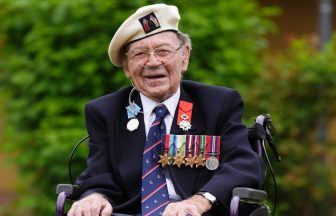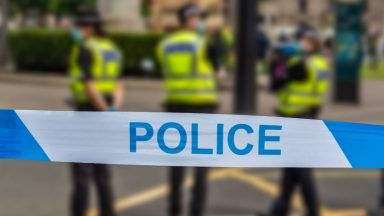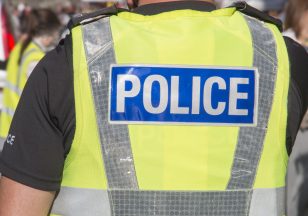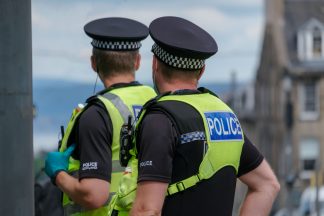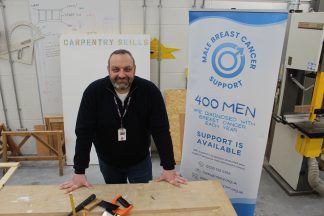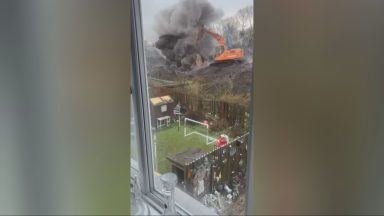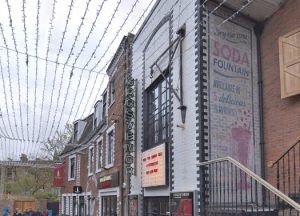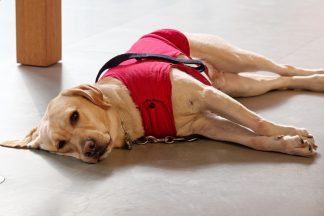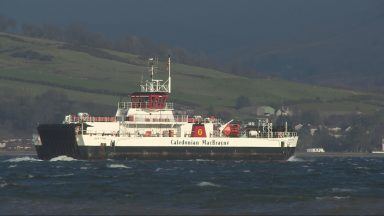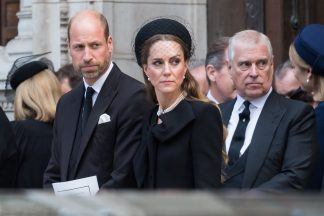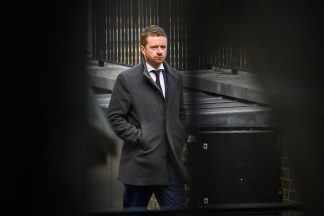George Reid was a journalist, an ambassador for the Red Cross, an SNP politician, the Scottish Parliament’s second presiding officer and a champion of non-tribal progressive politics.
His career witnessed the great devolution debates of the 1970s and he had a ringside seat at some of the key events on the road to establishing the Scottish Parliament in 1999.
The home rule issue dominated his time in politics and Reid brought an always considered view to the great issues of the day.
He was born in 1939 at Tullibody in Clackmannanshire. He graduated from St Andrews University with a first-class honours degree in history.
Reid had a strong analytical mind and, as befits a history graduate, a keen sense of the significance of events.
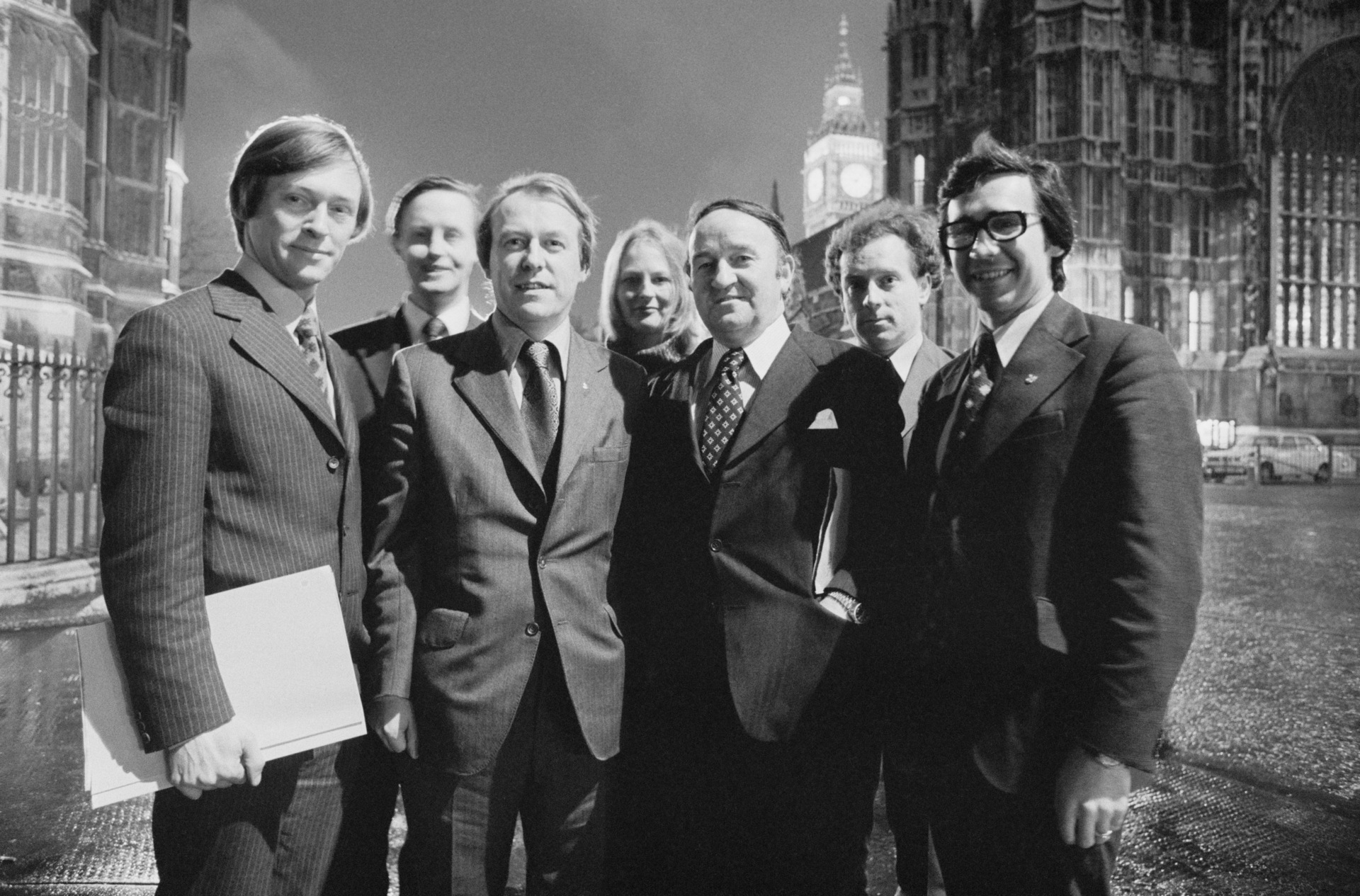 Getty Images
Getty ImagesAllied to a slick presentational style, it was perhaps obvious he would head to the world of broadcast journalism. He worked for several newspapers and in television, he was employed variously by the BBC, Granada Television and STV.
Reid allied himself with the SNP although he would privately despair of the highly tribal nature of politics and he was, in general, a believer in cross-party cooperation.
This was as much a matter of belief as well as temperament, for he preferred reasoned argument to the dreary knockabout which can glory personal abuse.
He identified himself as a social democrat long before the SNP owned up to an ideology and long before it came into fashion in the UK with the creation of the SDP in 1981.
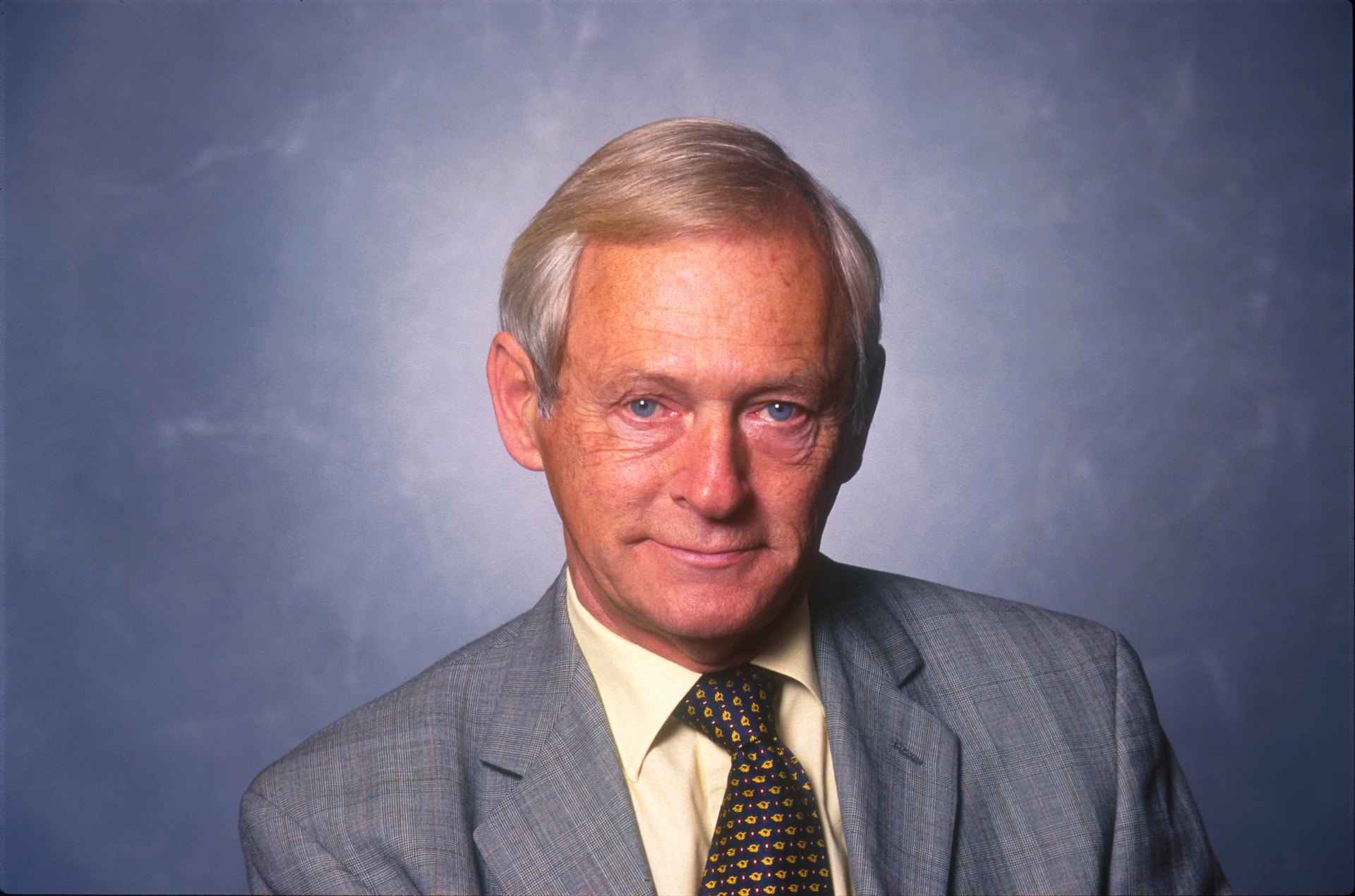 Getty Images
Getty ImagesHe was a man of the mainstream centre-left and his embrace of independence rested on its potential to deliver a more socially just country. He also saw the need for the SNP to break out from a 1970s mantra that they were a radical party whilst many continued to insist that they were neither of the right or left.
He quit broadcasting to fight Clackmannan and East Stirlingshire in the first General Election of 1974.
He retained the seat at the second election in October that same year, more than doubling his majority.
The 1974-79 UK Parliament was an unhappy affair for Reid. The SNP was riding high in the polls and Labour was privately worried that it could lose heartland seats to the Nationalists.
A Scottish Assembly was the device to devolve government and stall the forward march of the Nationalists. Labour legislated not once but twice for an Assembly. It never materialised as the 1979 Referendum failed to deliver a big enough vote for change.
The SNP, like Labour, was fundamentally split on the Assembly issue. Reid was firmly in the camp that saw limited devolution as an important first step on the road to independence.
The SNP voted with Margaret Thatcher to collapse the Callaghan government, a fact Labour politicians used repeatedly against what some termed “the tartan Tories”. Reid voted with his SNP colleagues to force an election but he didn’t do it with any relish.
At the ensuing General Election, the SNP collapsed and Reid lost his seat. Donald Dewar’s win a year earlier in a by-election at Glasgow Garscadden started to turn the tide in Labour’s favour. He left frontline politics to take up a job in Geneva with the International Red Cross.
Reid was the fixer who led to Michael Buerk’s report of the Ethiopian famine in 1984, a move that led to the creation of Band Aid and Live Aid.
He returned to Scottish politics in 1995, giving the annual Donaldson lecture at the SNP conference.
In an interview I conducted with him at that conference in Perth, he said: “A lot has changed since I have been away. Labour MPs signing the Claim of Right asserting the sovereignty of the Scottish people. Do they know what they have done?”
The line was delivered with great panache and impeccable timing which were hallmarks of Reid’s presentational style.
He was a member of the constitutional steering group which helped shape the rules and values of a Parliament which finally arrived after the Labour landslide in 1997.
He was comfortable with the cross-party nature of the body and always strived to work in a way which brought people together.
After the first Holyrood election he was defeated by David Steel for the position of presiding officer.
Four years later the role would be his. He had been re-elected to Holyrood as the constituency member for Ochil and he suspended his SNP membership to take up the politically neutral role as the Parliament’s figurehead.
He was a more effective presiding officer than Steel and he showed real leadership in getting the Holyrood building project over the line.
The saga turned the building of a new Parliament into a full-scale crisis for devolution and Reid played a key part in helping to put a hugely damaging issue to bed.
He quit Holyrood in 2007 and took up a number of international roles as well as being appointed Lord High Commissioner to the General Assembly of the Church of Scotland.
Reid enjoyed the role enormously, not least because he liked the ceremonial aspects, which some of his detractors said brought out the pompous in him.
Between 2008 and 2011 he was an independent adviser on the Scottish Ministerial code. He also served for four years as an electoral commissioner.
In 2009, he led a wide-ranging review of the National Trust for Scotland, securing the organisation’s future.
In 2012, he was knighted for services to Scottish politics and public life.
After retirement, he continued to work as an academic at Stirling University, teaching students right up until the last few weeks.
He kept his retirement busy with projects that interested him and in truth he did not have the stomach or the inclination to get involved in the combat world of party politics, although he remained a committed nationalist and SNP member.
George Reid had a varied career which brought him into contact with great national and international issues.
He made his contribution with style and only after careful thought. He was on his day, as impressive as any politician of the devolved era.
His life was a full and rewarding one and for the most part it was done in the pursuit of trying to make Scotland a better place to live.
He is survived by his wife of 57 years, Daphne, his daughter Morag, his son-in-law and five grandchildren.
Follow STV News on WhatsApp
Scan the QR code on your mobile device for all the latest news from around the country


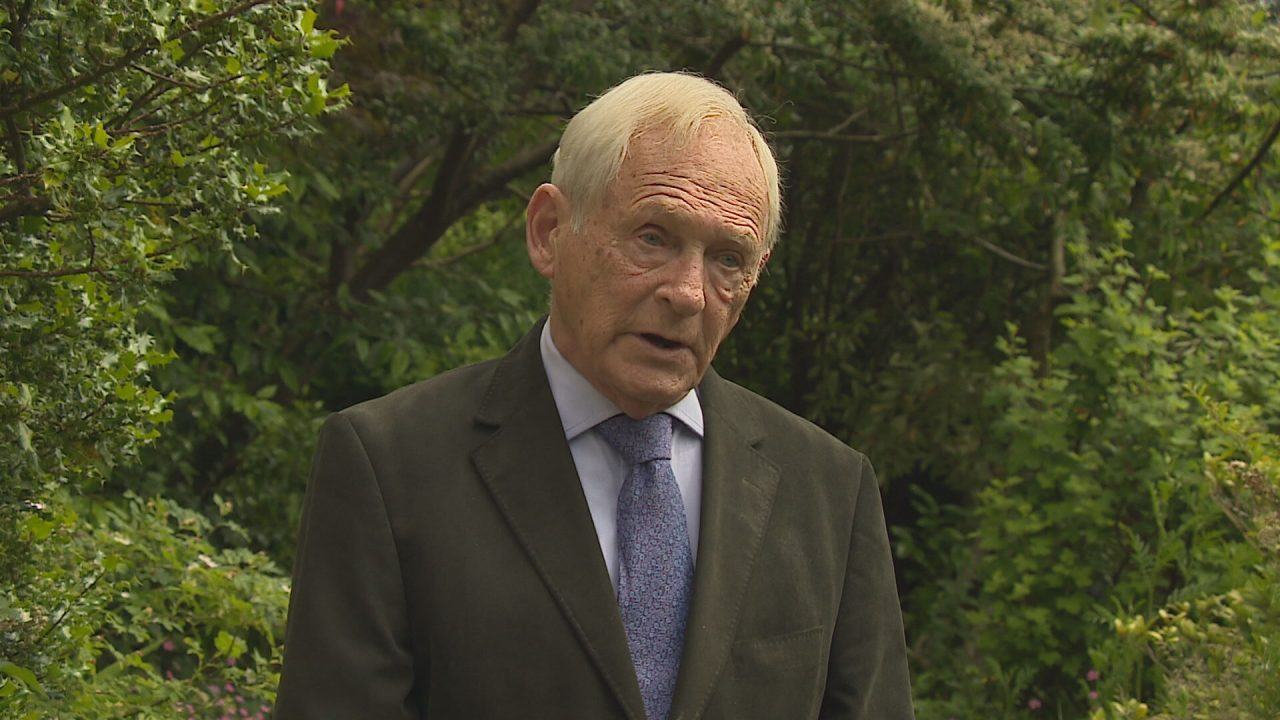 STV News
STV News

